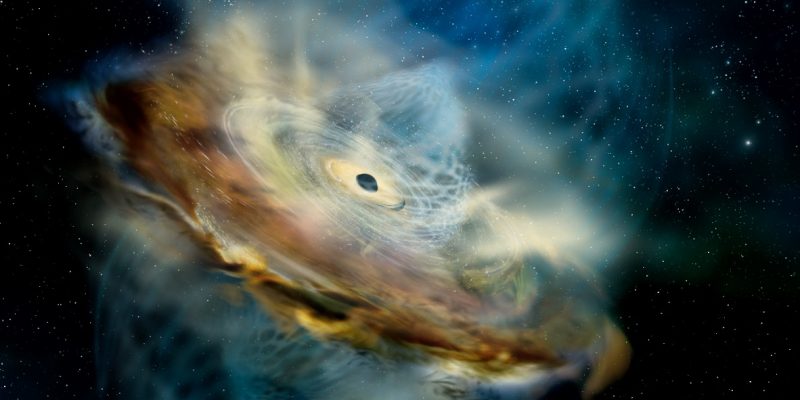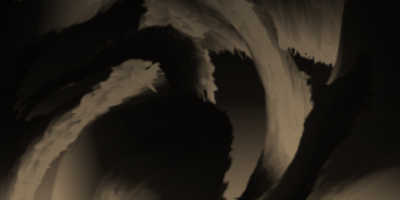
What do black holes sound like?
NASA has released a “sonification” of a black hole, scaled up 57 octaves to be heard by human ears.
It is often thought that space is ‘soundless’ since it is essentially vacuum, thereby making it impossible for sound waves to travel. But in the case of things like a galaxy cluster, gases that envelop the hundreds or even thousands of galaxies within it provide a medium for the sound waves to travel.
“Since 2003, the black hole at the centre of the Perseus galaxy cluster has been associated with sound. Astronomers discovered that pressure waves sent out by the black hole caused ripples in the cluster’s hot gas that could be translated into a note – one that humans cannot hear some 57 octaves below middle C.”
The “sonification” is a translation of astronomical data into sound, and is unlike any other recordings done before, since it revisits the original sound waves from NASA’s Chandra X-ray Observatory.
“In this new sonification of Perseus, the sound waves astronomers previously identified were extracted and made audible for the first time. The sound waves were extracted in radial directions, that is, outwards from the center. The signals were then resynthesized into the range of human hearing by scaling them upward by 57 and 58 octaves above their true pitch. Another way to put this is that they are being heard 144 quadrillion and 288 quadrillion times higher than their original frequency.”
More sonifications of astronomical data, as well as additional information on the process, can be found at the “A Universe of Sound” website.
















